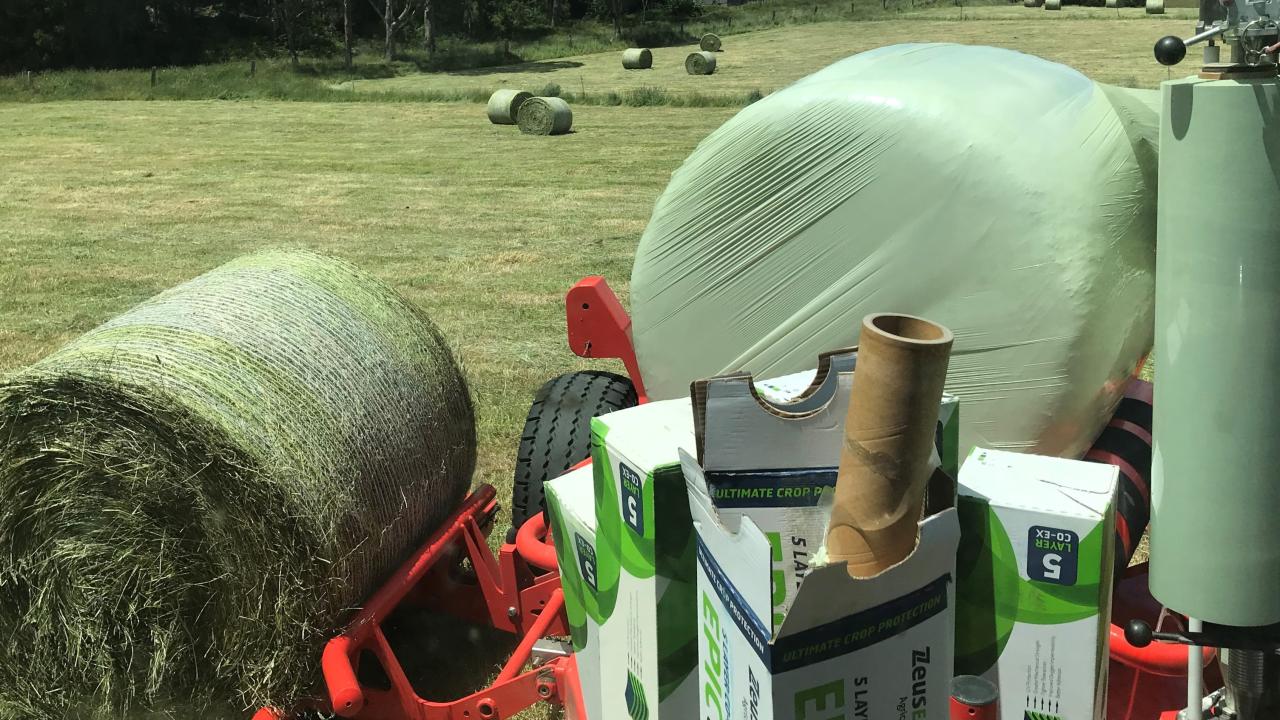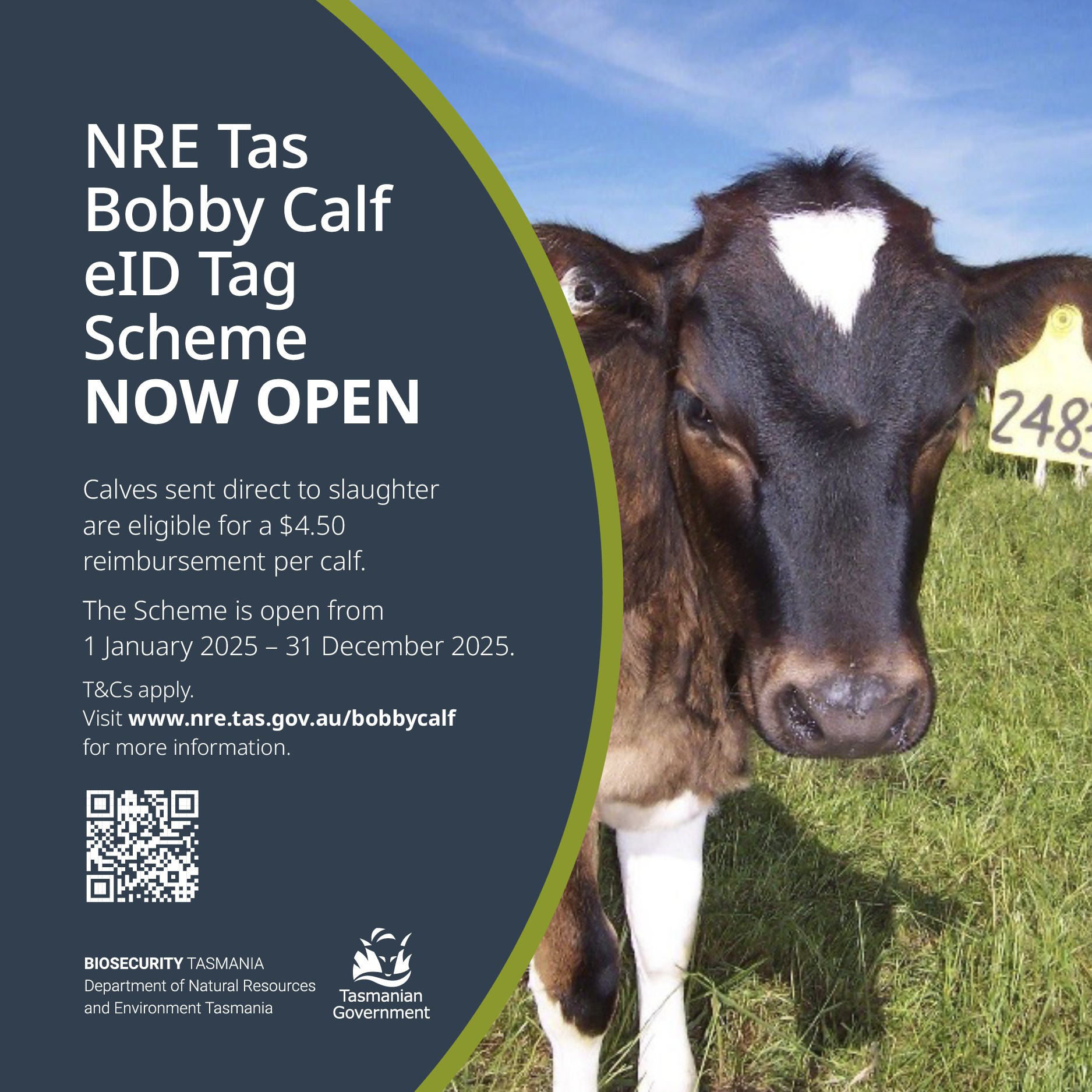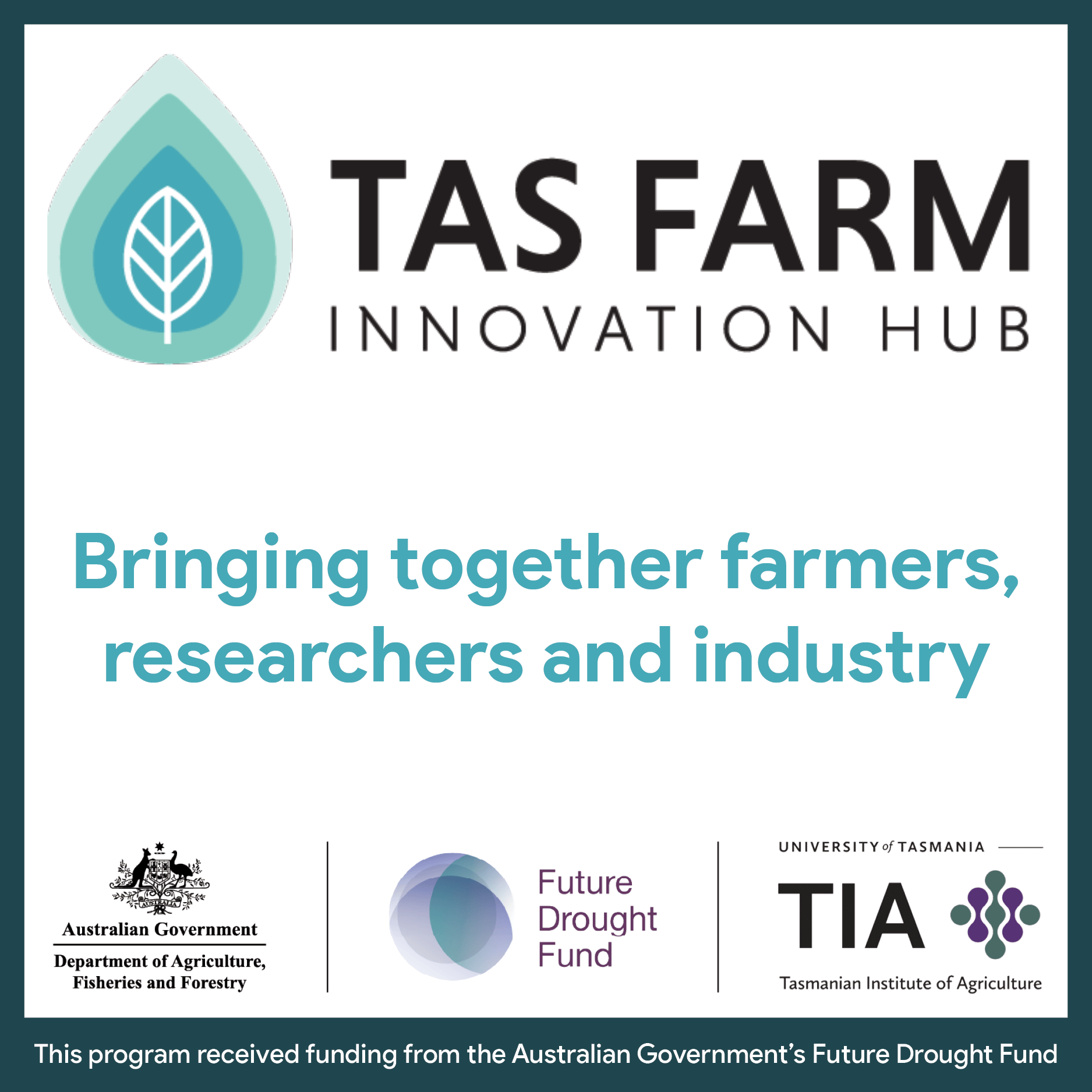Farmers unable to dispose of hay silage and netting

Farmers are resorting to burning and burying thousands of tonnes of silage wrap and hay netting due to a lack of disposal or recycling options.
In some cases it is being stockpiled, eventually blowing onto neighbouring properties and into waterways, while some municipalities accept the waste and bale it up to go into landfill.
The closure of the state’s only soft plastic recycling plant in 2022, Envorinex at Bell Bay, has left farmers with no environmentally friendly methods of disposal.
Pyengana farmer Darcey Nicklason said he is frustrated that it’s not accepted at his local Break O’Day Council refuse centre, while Dorset Council does accept the waste product.
“We don’t have as big a farmer cohort as the Dorset Municipality but it’s still an issue here,” Mr Nicklason said.
“I know some farmers who pay a driver to make the three-hour round trip to take it to Scottsdale, but that’s hardly convenient and it’s just going into landfill.
“It’s illegal to bury it on the farm, it takes 1000 years to break down, and we don’t want to burn it either and have the stink blow into town.
“But basically we’re out of options.”
Dorset Council mayor Rhys Beattie said that the council accepts silage wrap, but doesn’t receive a lot.
“When we do it is usually in bulk bags, which Council stores and disposes of to landfill.
“We currently have no recycling options available to us, however we’re actively working with Steve Johnson at NRM North to find a solution.”
TasFarmers raised the issue of farm waste disposal in the lead-up to the recent State election, saying it was an important issue for parties to consider, but was unaware of any new government initiatives.
The Tasmanian Government introduced a levy on all waste sent to landfill across Tasmania on July 1, 2022 as part of its Waste Action Plan, setting up the Tasmanian Waste and Resource Recovery Board to support projects and programs that help divert waste from landfill.
Projects funded by the waste levy have included free hazardous waste recycling for batteries, light globes and electronic waste, in-school education programs, a subsidy on tyre disposal and illegal dumping clean-ups.
Break O’Day Council mayor Mick Tucker said the levy could be used to look into the issue of plastic waste from farms.
“Our council is in the business of collecting household rubbish, not commercial quantities of plastic waste, and I raised the issue as recently as last week with the State Government to find out what alternatives there are for processing silage wrap,” he said.
“No-one wants to see farmers burying or burning silage wrap and we are advocating for a statewide strategy and policy to manage agricultural plastics effectively and affordably.
“This is not a council problem - the government collects a levy from us to deal with issues like this and stop this kind of waste going into landfill.
“Council appreciates that landholders want to do the right thing for their properties and the environment, and we are committed to working towards a long-term solution.”
Break O’Day’s waste is transported to Copping landfill, which does not accept silage wrap.
Machinery at the Scamander Waste Transfer Station is also unable to process it, as the material tangles in the compactor and causes costly breakdowns.
“While Dulverton Waste Management does accept silage wrap, the additional transport and disposal fees are significant. Like with any waste stream we deal with we work on the user pays principle where those that are accessing the service are paying for the service, for example asbestos, tires, builders waste etc,” Mr Tucker said.
“This is not just a Break O’Day issue - it is a statewide challenge. Silage wrap is a specialised waste stream that requires a coordinated approach.”
Between 2009 and 2016 Envorinex was recycling soft and rigid plastics and reprocessing them into resin pellets for a range of items including guideposts, non-slip matting and vineyard netting clips.
It offered a free collection service to farmers wanting to recycle their silage wrap and black poly irrigation piping, and was processing around 600 tonnes of silage wrap a year.
Mr Nicklason said the millions of dollars in government grants that went into Envorinex didn’t achieve much considering its short lifespan.
“It had a huge uptake by farmers,” Mr Nicklason said.
“We had bins to separate net from plastic wrap and they came around periodically and cleaned it up.
“We’d be prepared to bag it, deliver at specific times, anything to help the situation but if there’s nowhere to take it what do we do?”
“With 1-2kg of plastic on each bale I suspect a big farm could generate five to six tonnes of plastic waste per year.”
Biodegradable bale wrap and silage film, compostable net wrap and biodegradable twine are all under development around the world and available in some countries, however they are significantly more costly to use.
In New Zealand, Econet bale wrap from jute fiber (a flax-like plant) has been developed and is non-polluting, soil-safe, and even safe if ingested by livestock.




Add new comment
Comments
Plastic waste
Plastic waste has a lot of energy, that energy should be used to produce electricity. There is other plastic as well that could be added to the Furness,and the heat used to boil water and the Steam to spin the turbine.